Family Furnishings
“Family Furnishings,” like many great stories about family histories, is about finding our way to the truth through well-worn myths.

“Family Furnishings,” like many great stories about family histories, is about finding our way to the truth through well-worn myths.

Main Street holds an unusual place in my bookish heart: it is one of those novels that I love, but rarely recommend. It is dull. But listen—its dullness is part of its charm.
I wanted to begin this piece with a line like: “It’s dead, thank God” but Barthelme beat me to the punch thirty years ago in his essay “Not-Knowing.”
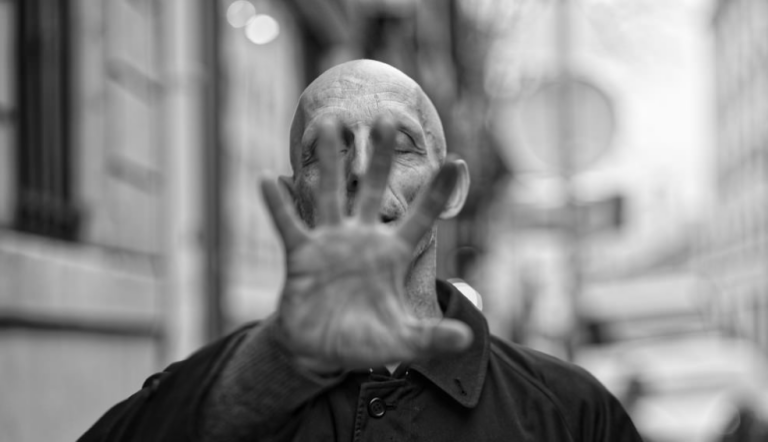
Dracula is cloaked in dark. This is fundamental to his myth. He haunts his grounds at night, and stalks the holds of a ship; never clearly seen, or seen the same way twice, he is misinterpreted. Sunlight weakens him.
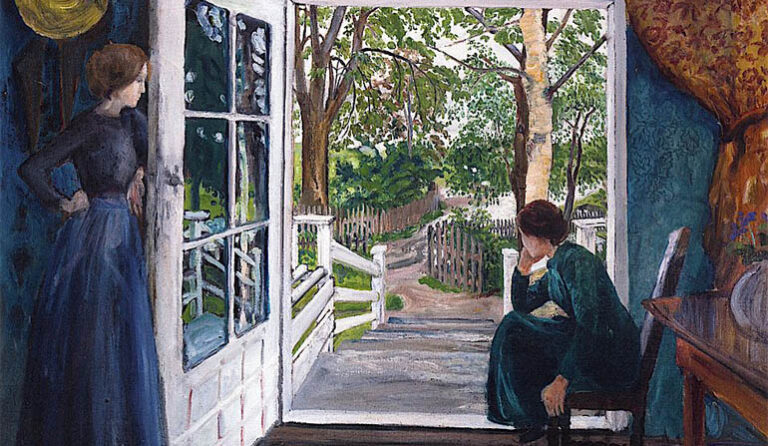
Doris Lessing’s Martha Quest begins, marvelously, with one of the best depictions of adolescent malaise I’ve ever read: the fifteen-year-old title character languishing on her porch in silent, miserable judgment (in “spasms of resentment”) while her mother knits, and gossips vacuously with a neighbor.
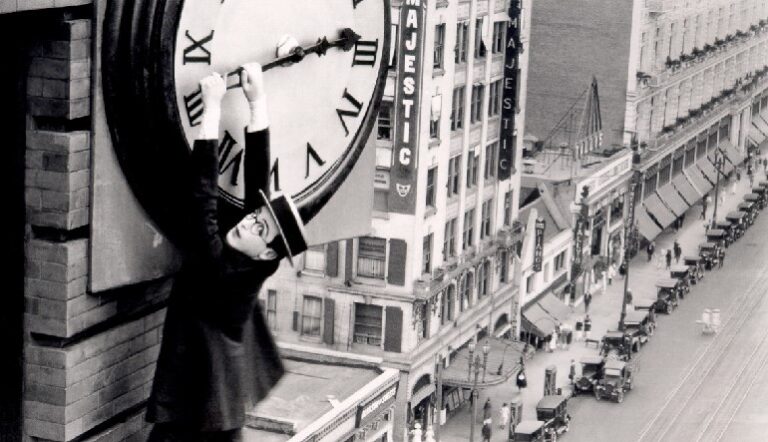
I think about jokes a lot when I read Wislawa Szymborska. Her poems build the way jokes do, with irony, misdirection, and distraction: setups that leave you completely unprepared for her disorienting final verses. Instead of leading to certainty, they take you somewhere else entirely.

Finally recognizing this pattern has led me to an unconventional idea: we should teach literary survey courses backwards. And those of us who are no longer in lit classes (or who have steered clear of them altogether) should read that way ourselves.
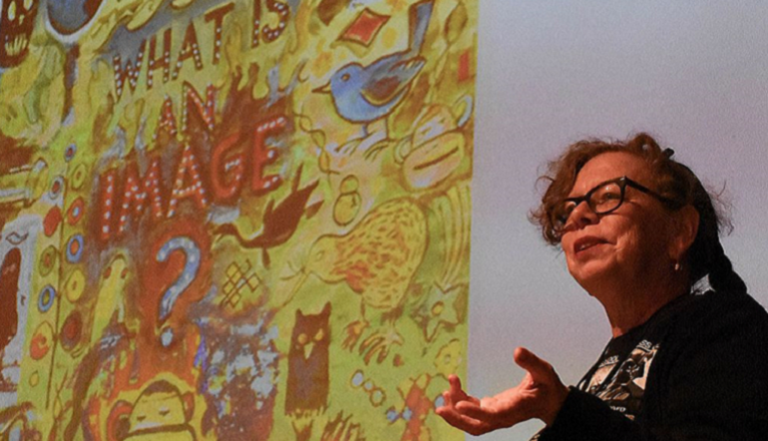
What It Is is expressionistic and difficult. Before the techniques are imparted (and they are, eventually) Lynda Barry spends more than one hundred pages blending comic panels, short passages of autobiography, and gorgeous, bizarre full page collages that explore the fundamentals of craft and creativity.
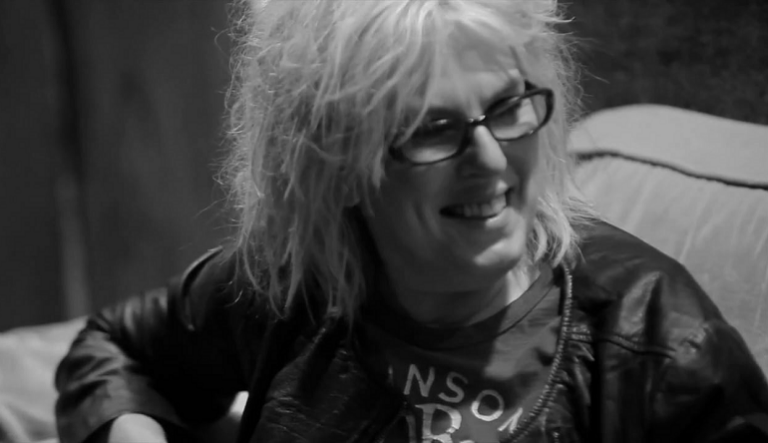
When Occupy Wall Street was at its height, I heard more than once the argument that the movement’s official song should be Dolly Parton’s “9 to 5” (even the Financial Times called it the “ultimate anti-work anthem”). Parton’s lyrics—like “it’s a rich man’s game no matter what they call it / and you spend your…
No products in the cart.